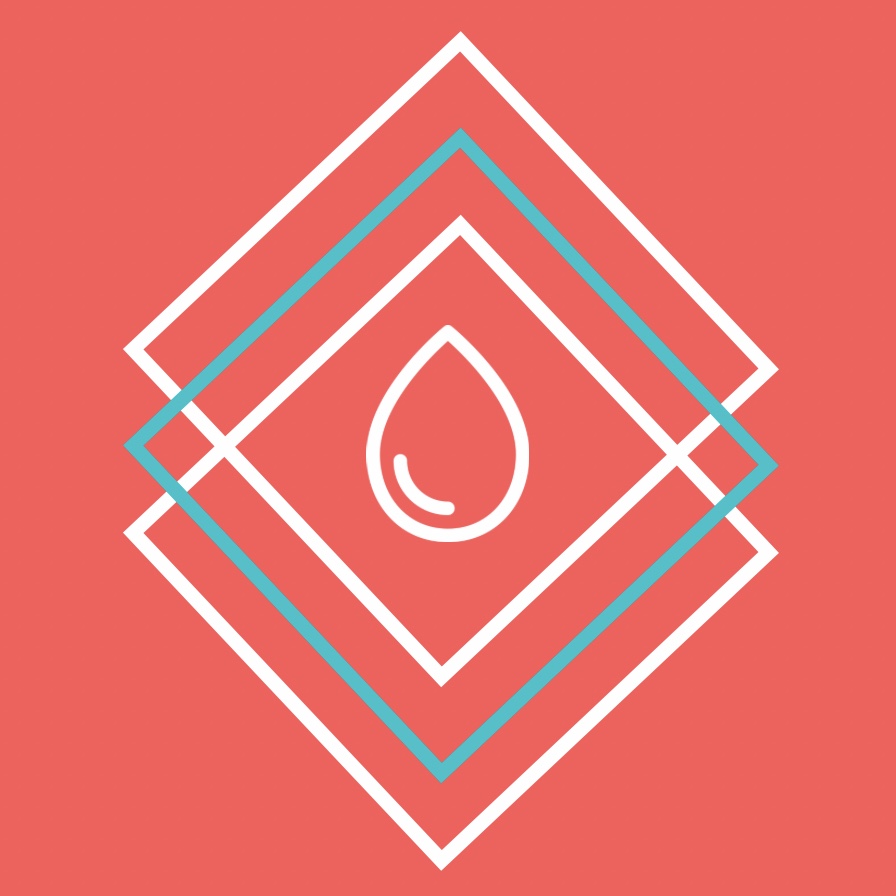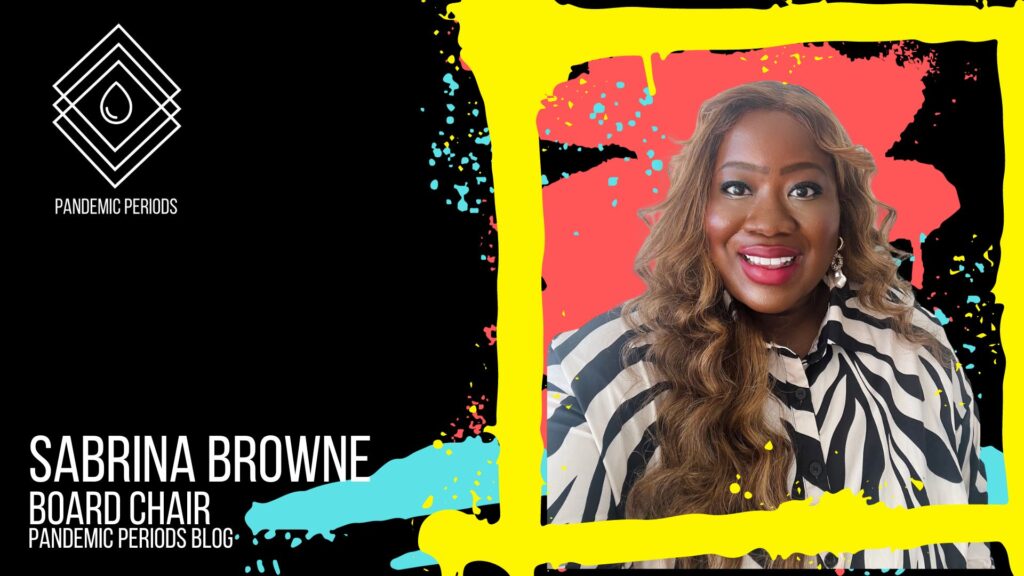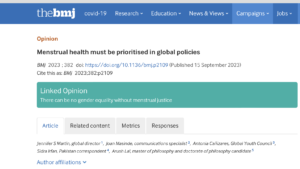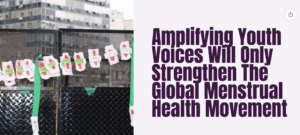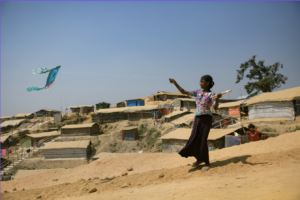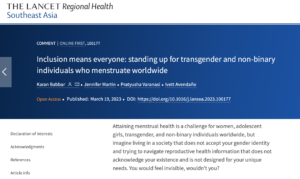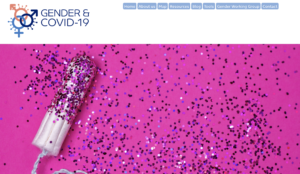Gender-based violence is a pervasive and deeply rooted issue that affects individuals across the globe, irrespective of their age, race, socioeconomic status, or nationality. Globally, an estimated 736 million women—almost one in three—have been subjected to physical and/or sexual intimate partner violence, non-partner sexual violence, or both at least once in their lives (30 per cent of women aged 15 and older). At least 162 countries have passed laws on domestic violence, and 147 have laws on sexual harassment in the workplace. When laws exist, however, this does not mean they are always compliant with international standards and recommendations or are implemented and enforced.
Recognizing the urgent need to address this grave violation of human rights, the United Nations initiated the “16 Days of Activism Against Gender-Based Violence.” This international campaign, led by UN Women and civil society, observed from November 25th to December 10th each year, serves as a powerful platform to raise awareness, advocate for change, and emphasize the significance of eliminating gender-based violence. The campaign is designed to mobilize individuals, communities, governments, and organizations worldwide in a collective effort to combat gender-based violence.
The campaign kicked off on November 25th, the International Day for the Elimination of Violence against Women, and concludes on December 10th, International Human Rights Day. These 16 days symbolize a call to action, emphasizing that gender-based violence is not just a women’s issue but a violation of fundamental human rights affecting everyone. The significance of this campaign lies in its ability to draw attention to the multifaceted nature of gender-based violence. It encompasses physical, sexual, psychological, and economic violence, affecting individuals within private and public spheres.
The 16 Days of Activism serves as a reminder that gender-based violence is not limited to physical abuse but includes coercive control, harassment, and discrimination, all of which can have severe and long-lasting consequences on victims’ lives. At Pandemic Periods, we believe it’s critical to raise awareness of gender-based violence impacting communities worldwide and to underscore the importance of eradicating gender-based violence.
Gender-based violence has profound physical and mental health consequences, not only for survivors but also for society as a whole. It leads to physical injuries and mental health disorders and perpetuates a cycle of violence that affects families and communities. Additionally, gender-based violence impedes economic development by limiting women’s participation in the workforce and stifling their potential. It also places a significant economic burden on healthcare systems and social services.
The 16 Days of Activism challenges harmful social and cultural norms that perpetuate violence and discrimination. It encourages societies to critically examine and dismantle these norms, promoting more equitable and inclusive communities. The United Nations’ campaign also aligns with the Sustainable Development Goals, particularly Goal 5, which aims to achieve gender equality and empower all women and girls. Eradicating gender-based violence is integral to realizing this goal.
By raising awareness of gender-based violence and providing support services, the campaign empowers survivors to seek help and break free from the cycle of violence. It promotes a culture of survivor-centered approaches. Finally, the 16 Days of Activism advocates for the enactment and enforcement of laws and policies that protect survivors, punish perpetrators, and promote gender equality. It calls for accountability at all levels.
From today through December 10, you can join Pandemic Periods as we inform and educate audiences on the 16 Days of Activism. Our content will amplify the urgent need to eliminate gender-based violence, highlighting the broad spectrum of violence that affects individuals across the globe and underscoring the importance of this issue as a human rights violation, a public health crisis, and an impediment to sustainable development.
Together, we can challenge harmful norms, empower survivors, and work towards a future where everyone can live free from violence and discrimination.
